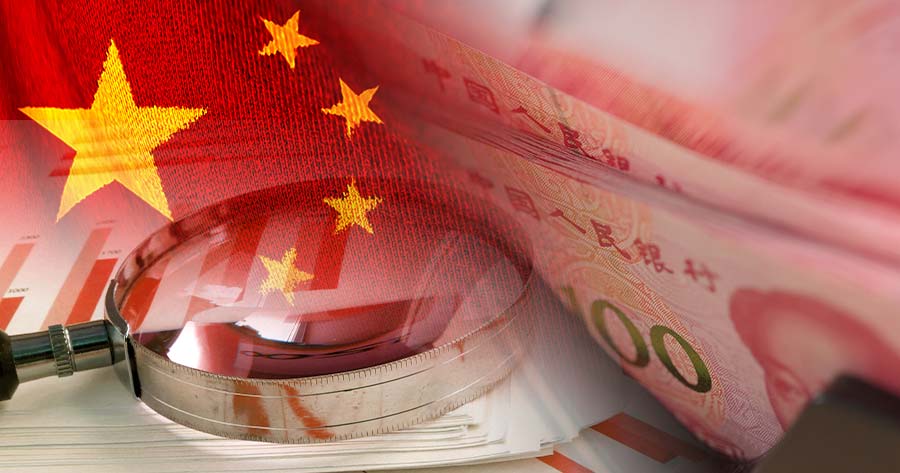China’s services activity accelerated in December with the Caixin/S&P Global services purchasing managers’ index (PMI) showing an increase to 52.2 in December from 51.5 in November, surpassing the 50-mark that indicates expansion.
This growth rate was the fastest in seven months, driven by robust domestic demand, and closely matched China’s official PMI, which showed non-manufacturing activity rising to 52.2 from 50.0 in November.
However, the decline in international orders highlights growing trade risks facing the economy, as revealed by a private survey on Monday.
In recent years, China’s economy has faced significant challenges, burdened by sluggish consumption, restrained investment, and a deep property market crisis. While exports have been a relative bright spot, they may come under pressure with the prospect of the potential increased U.S. tariffs by President-elect Donald Trump.
Chinese authorities have recently implemented a series of fiscal and monetary measures aimed at economic revitalization. Wang Zhe, Senior Economist at Caixin Insight Group, explained that the combination of current policies and new stimulus measures has been influencing the market since late September, generating more favorable conditions.
Meanwhile, he also anticipated substantial downward pressures in the world’s second-largest economy to remain in 2025, driven by sluggish domestic demand and increasing adverse external factors, necessitating proactive policy planning and swift responses.
While business confidence in China remains in positive territory, it has declined to its second-lowest level since March 2020, with firms expressing concerns about rising competition and potential disruptions in international trade.
Donald Trump’s impending second presidency, starting in January, could bring major risks to China’s economic outlook, as he has pledged to impose steep tariffs on Chinese imports. The Caixin/S&P Global Composite PMI, which gauges both manufacturing and service sectors, eased to 51.4 from 52.3 in November.





